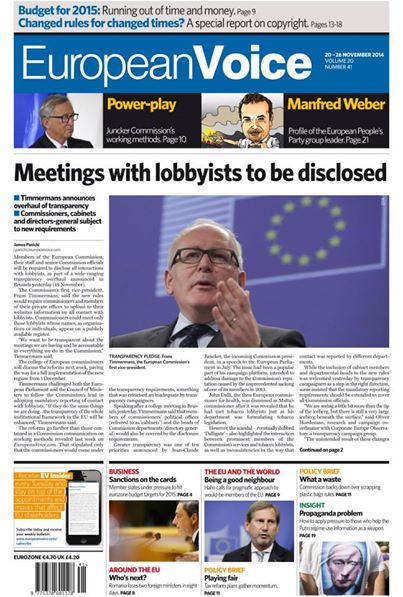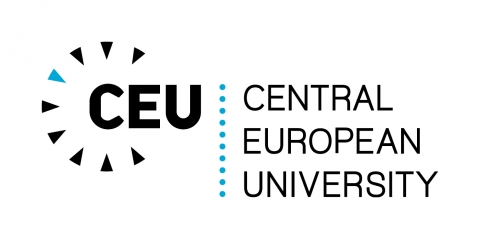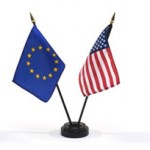 Within a month in office, the incoming Juncker Commission announces its first tangible steps to increase disclosure relating to its lobbying contacts.
Within a month in office, the incoming Juncker Commission announces its first tangible steps to increase disclosure relating to its lobbying contacts.
In an interesting move, Commissioner Timmermans (Better Regulation) two weeks ago circulated an internal note, which was soon leaked to the press, explaining the pending change. The note argued that “while contact with stakeholders is a natural and important part of the work of a member of the Commission, all such contacts should be conducted with transparency and members of the Commission should seek to ensure an appropriate balance and representativeness in the stakeholders they meet.”
As a consequence of this line, the 28 members of the Commission will be required to disclose on their websites all contacts with lobbyists as of 1 December. The EUObserver quoted Timmermans saying: “I think we have moved to a situation now where the public says to government ‘show me!’ And we want to show you”.

 Does transparency come at the expensive of efficient decision-making? The case for a trade-off between and open and efficient decision-making has certainly been made on innumerable occasions. But whether it is in fact well grounded has, surprisingly, been subjected to rather limited systematic scrutiny.
Does transparency come at the expensive of efficient decision-making? The case for a trade-off between and open and efficient decision-making has certainly been made on innumerable occasions. But whether it is in fact well grounded has, surprisingly, been subjected to rather limited systematic scrutiny. Nearly a year and a half after its drafting, on 9 October 2014, the Council declassified and disclose the Commission’s
Nearly a year and a half after its drafting, on 9 October 2014, the Council declassified and disclose the Commission’s